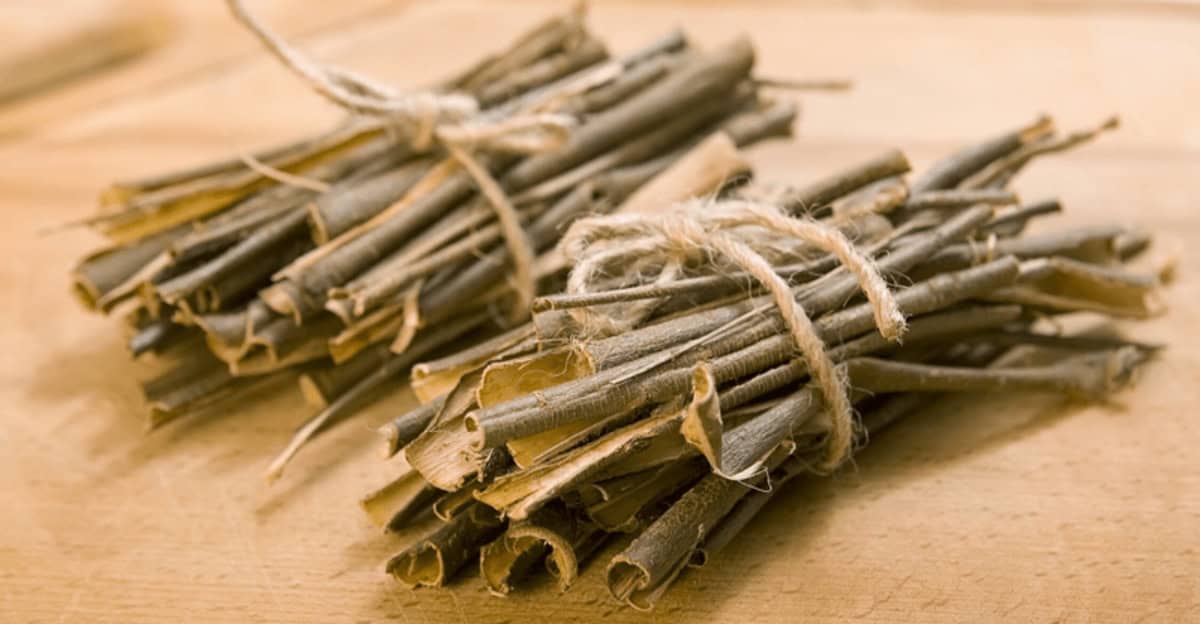Certain plants have played a significant role in the development of modern medicine, offering natural remedies and inspiring synthetic drugs.
Let’s explore 10 remarkable plants that have transformed healthcare and continue to provide vital benefits.
1. Willow Bark
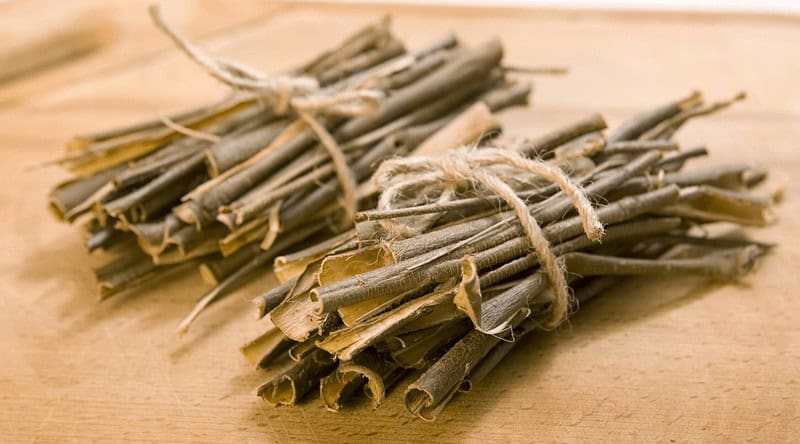
Willow bark, known for its salicin content, has been a natural pain reliever for centuries. This plant played a key role in the development of aspirin, a widely used medication for pain and inflammation.
Ancient civilizations often turned to willow bark for its healing properties.
2. Foxglove
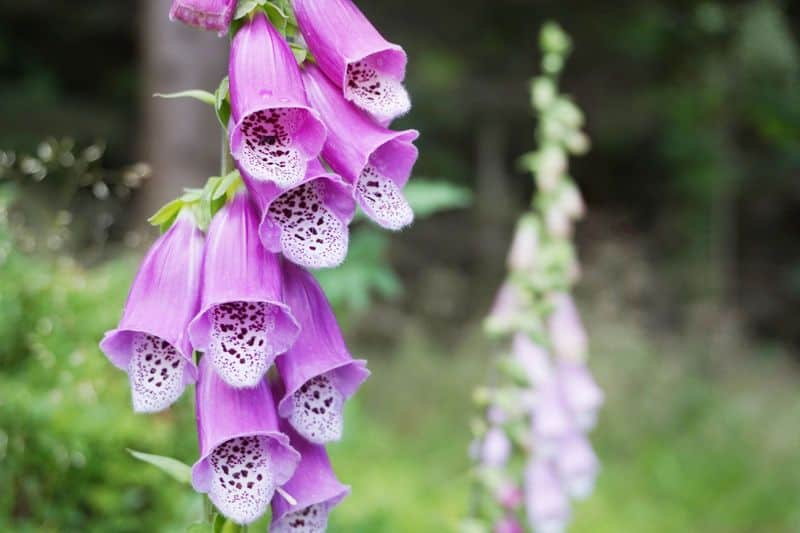
Foxglove is the source of digitalis, a group of medicines crucial for treating heart conditions. Its cardiac glycosides regulate heartbeats effectively.
While beautiful, foxglove is toxic if consumed improperly, highlighting the importance of precision in medicinal use.
3. Cinchona
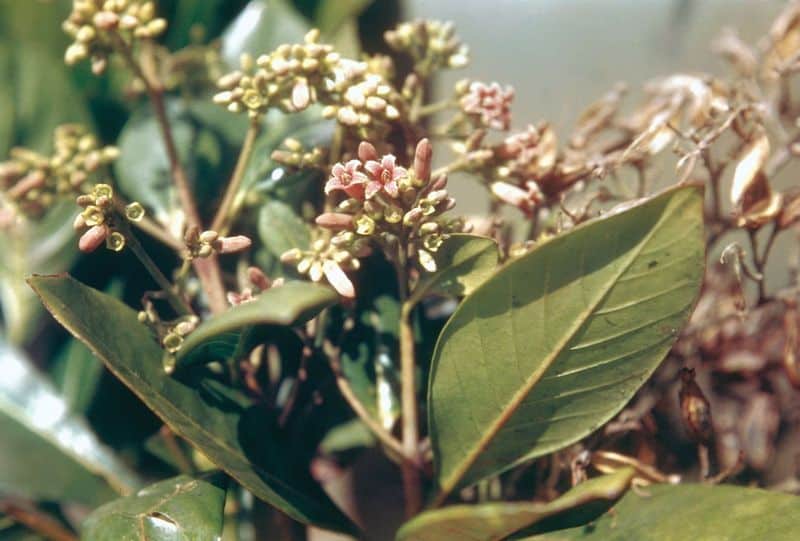
Cinchona bark contains quinine, a critical treatment for malaria. Discovered in South America, it became a cornerstone in combating this disease.
The efficacy of quinine showcases how natural resources can address global health challenges.
4. Opium Poppy
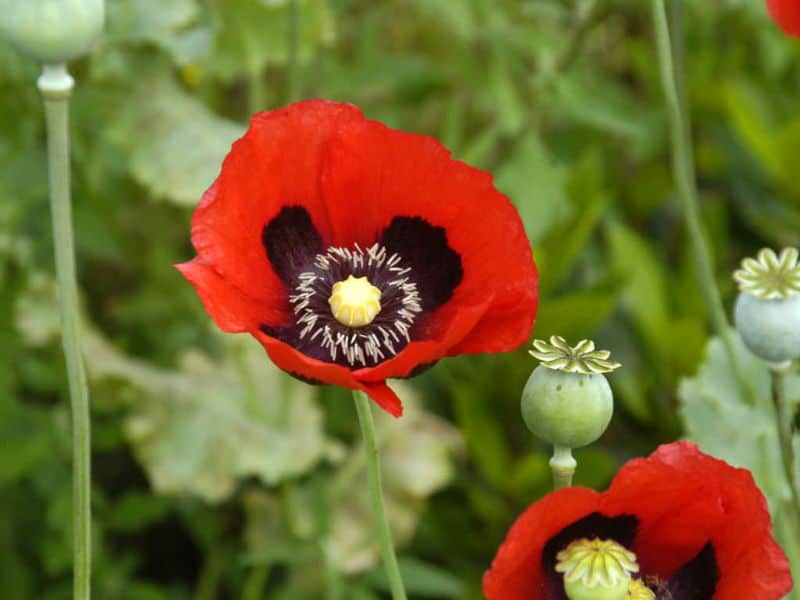
The opium poppy is the source of morphine, a potent painkiller used in severe pain management. Its derivatives have revolutionized anesthesia and surgery.
Despite its benefits, the poppy’s potential for addiction underscores the need for careful medical supervision.
5. Tea Tree

Tea tree oil, extracted from the leaves, is renowned for its antimicrobial properties. Used for treating skin infections and wounds, it has become a staple in natural health.
The oil’s effectiveness spans various applications, from acne treatment to household cleaning.
6. Ginseng

Ginseng is revered for its adaptogenic properties, enhancing energy and resilience against stress.
Widely used in traditional medicine, it supports immune function and improves vitality. Ginseng’s diverse benefits make it a cherished plant in both Eastern and Western healing traditions.
7. Echinacea

Echinacea is known for boosting the immune system and reducing symptoms of colds.
Its use in herbal remedies is extensive, and it provides a natural option for maintaining health. Echinacea continues to be popular in alternative medicine for its preventative qualities.
8. Aloe Vera
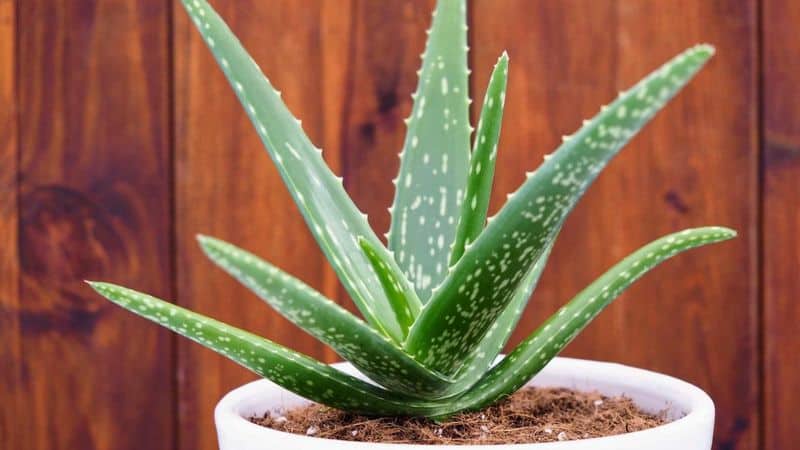
Aloe vera is celebrated for its soothing gel, used to treat burns and skin irritations. The plant’s anti-inflammatory properties provide relief and promote healing.
Aloe vera remains a household remedy, valued for its effectiveness in skincare and medicinal uses alike.
9. Turmeric
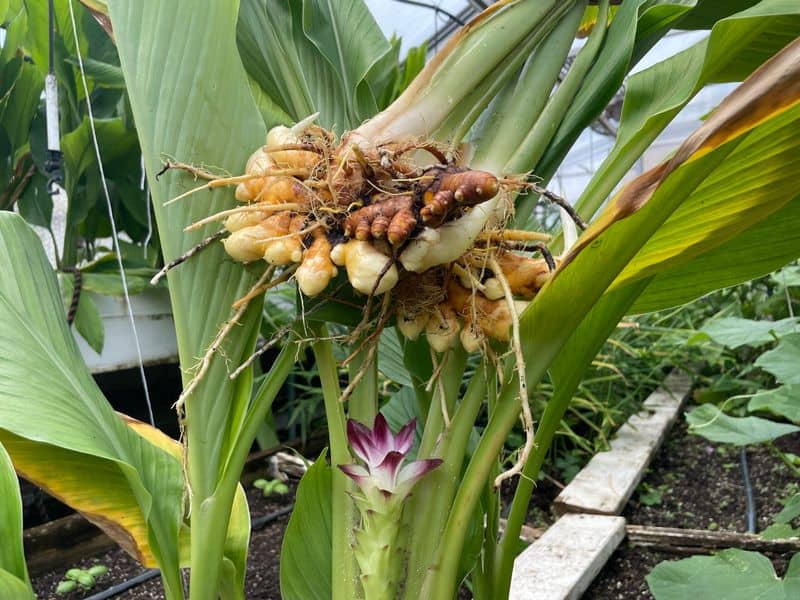
Turmeric, particularly its active compound curcumin, is a powerful anti-inflammatory and antioxidant. It’s used in treating arthritis and promoting overall wellness.
Turmeric’s role in reducing inflammation highlights the potential of dietary spices in health maintenance.
10. Ginkgo Biloba
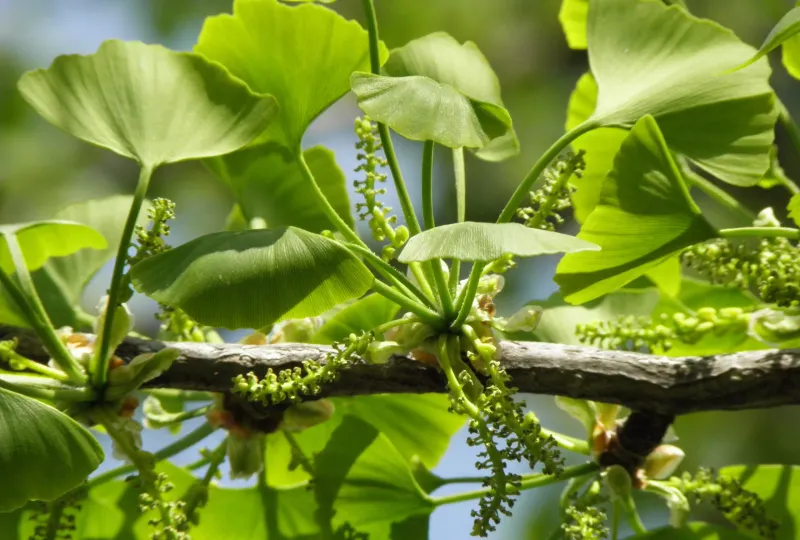
Ginkgo biloba is used for enhancing cognitive function and memory. Its extract supports mental clarity and may aid in reducing dementia symptoms.
Ginkgo’s long history in traditional medicine underscores its continued relevance in modern healthcare solutions.

